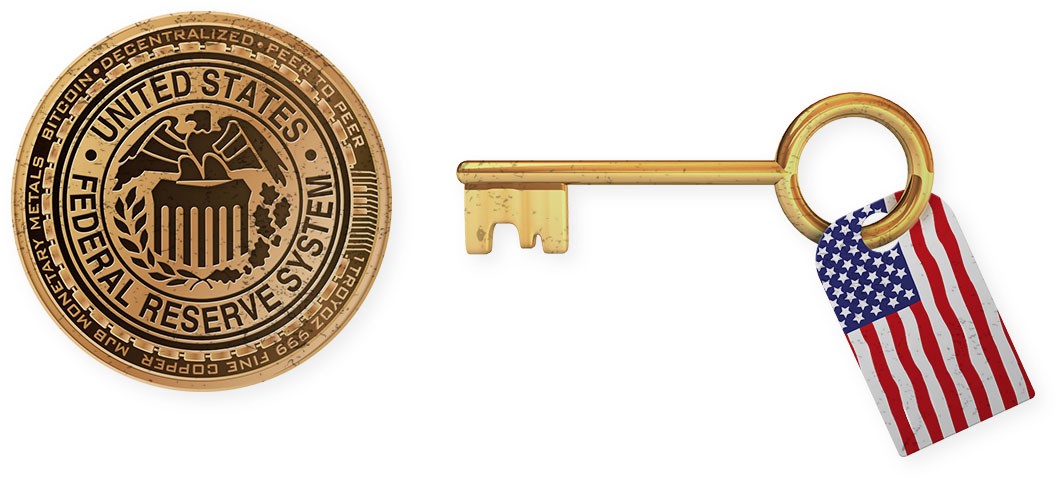PALO ALTO, Calif. (Reuters) - The Federal Reserve is looking at a broad variety of problems around digital payments and currencies, consisting of policy, design and legal factors to consider around potentially releasing its own digital currency, Governor Lael Brainard said on Wednesday. Brainard's remarks recommend more openness to the possibility of a Fed-issued digital coin than in the past." By changing payments, digitalization has the potential to deliver higher worth and benefit at lower cost," Brainard said at a conference on payments at the Stanford Graduate School of Business.
Central banks globally are discussing how to manage digital finance innovation and the distributed ledger systems utilized by bitcoin, which promises near-instantaneous payment at possibly low expense. The Fed is establishing its own day-and-night real-time payments and settlement service and is currently evaluating 200 remark letters submitted late last year about the proposed service's design and scope, Brainard stated.
Less than 2 years ago Brainard informed a conference in San Francisco that there is "no compelling showed requirement" for such a coin. However that was before the scope of Facebook's digital currency aspirations were commonly understood. Fed authorities, including Brainard, have actually raised concerns about customer securities and data and personal privacy hazards that might be positioned by a currency that could come into use by the third of the world's population that have Facebook accounts.
" We are teaming up with other central banks as we advance our understanding of reserve bank digital currencies," she said. With more nations looking into issuing their own digital currencies, Brainard stated, that contributes to "a set of factors to also be ensuring that we are that frontier of both research study and policy development." In the United States, Brainard stated, concerns that require research study include whether a digital currency would make the payments fedcoin price system safer or easier, and whether it could position financial stability dangers, including the possibility of bank runs if cash can be turned "with a single swipe" into the central bank's digital currency.
To counter the financial damage from America's unmatched national lockdown, the Federal Reserve has actually taken extraordinary actions, what is the fed coin consisting of flooding the economy with dollars and investing straight in the economy. The majority of these moves received grudging acceptance even from lots of Fed skeptics, as they saw this stimulus as required and something only the Fed could do.
My new CEI report, "Government-Run Payment Systems Are Risky at Any Speed: The Case Against Fedcoin and FedNow," details the threats of the Fed's present prepare for its FedNow real-time payment system, and propositions for central bank-issued cryptocurrency that have actually been dubbed Fedcoin or the "digital dollar." In my report, I go over issues about privacy, data security, currency control, and crowding out private-sector competition and innovation.
Supporters of FedNow and Fedcoin state the federal government needs to produce a system for payments to deposit quickly, instead of motivate such systems in the personal sector by lifting regulative barriers. But as noted in the paper, the private sector is supplying a seemingly endless supply of payment innovations and digital currencies to resolve the problemto the level it is a problemof the time gap in between when a payment is sent and when it is gotten in a savings account.

And the examples of private-sector development in fed coin this location are many. The Cleaning House, a bank-held cooperative that has been routing interbank payments in numerous forms for more than 150 years, has been clearing real-time payments because 2017. By the end of 2018 it was covering half of the deposit base in the U.S.